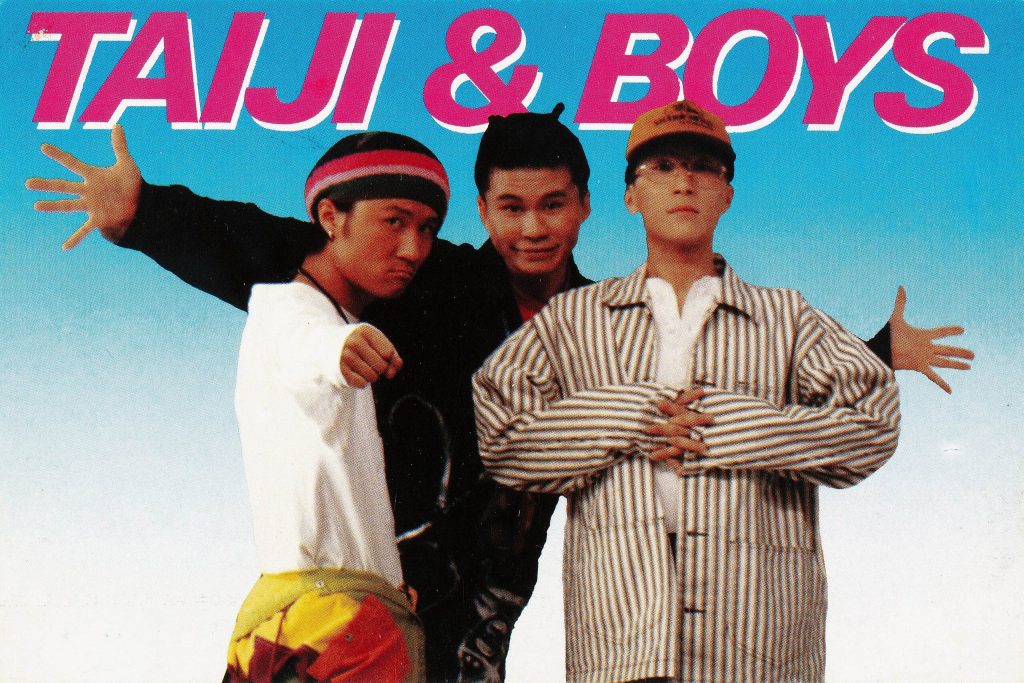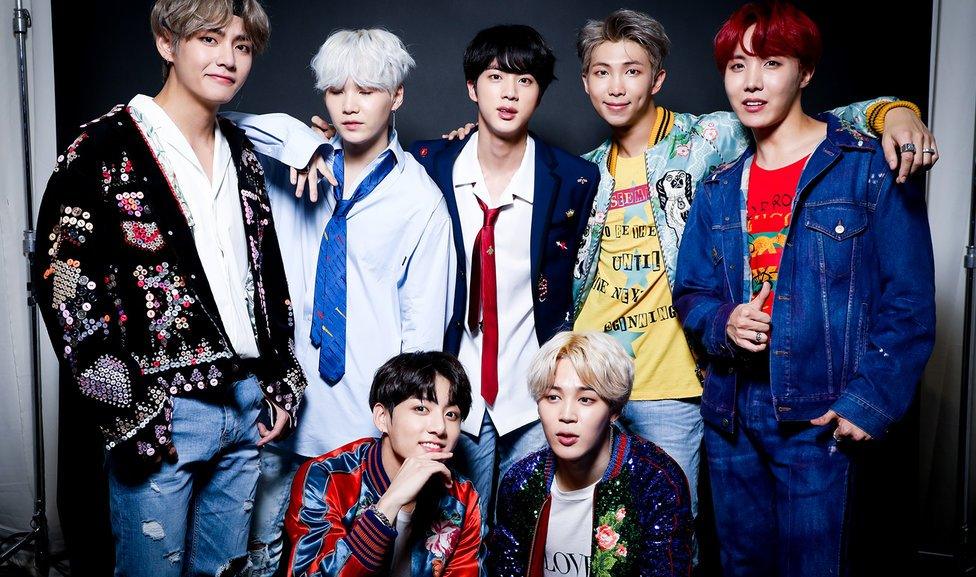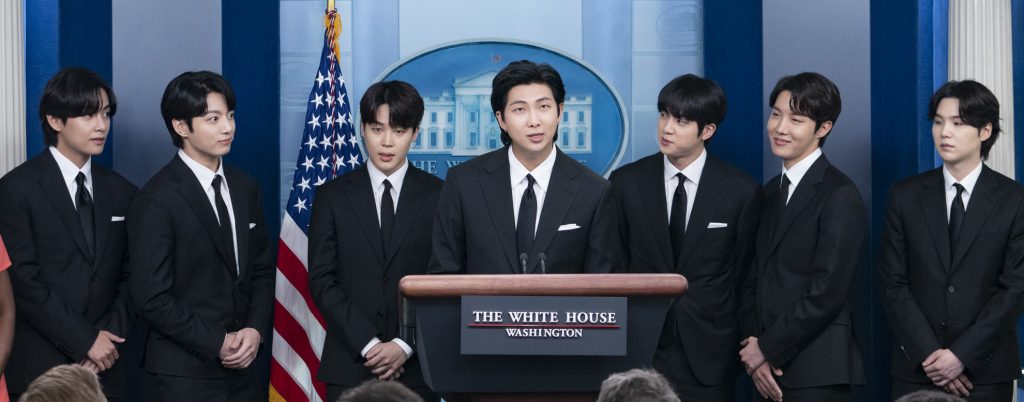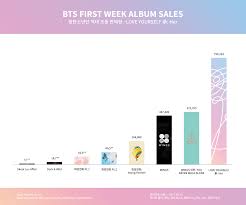In general, I want to talk about the culture industry in K-pop. The latest survey shows there are approximately 6.14 million businesses in South Korea. By mentioning South Korea, the first thing that comes to people’s minds is usually K-pop. K-pop culture can deeply influence teenagers all around the world, especially in Asia.
Initially, the culture industry refers to the industries involved in creating, producing, and commercializing creative content, which can be in the form of goods or services. These industries aim to entertain people by presenting an idealized world through media. K-pop can be a vivid example. K-pop companies operate as record labels, talent agencies, music production companies, event management, and concert production companies.
The modern K-pop “idol” culture emerged in the 1990s, as K-pop idol music developed into a subculture within South Korean culture, gaining a large following among teenagers and young adults.
One of the most significant examples of K-pop idols is BTS. It is a cultural industry because it operates at the intersection of music, media, fashion, technology, and significantly shapes and influences global culture.
Firstly, BTS creates music that appeals to a global audience. Their music not only avoids all the cultural barriers. but also make music in multiple categories, including pop, hip-hop, R&B, and EDM. Furthermore, Their lyrics are mostly about mental health, self-love, and societal issues. Therefore, the songs they write can connect with fans on an emotional and intellectual level, which identifies as a cultural industry.
Secondly, an example of them when they give a speech at the United Nations can prove how they spread their culture worldwide. They gave their speech on September 24, 2018, during the 73rd session of the UN General Assembly. It mainly emphasizes the importance of self-acceptance, self-love, and finding oneŌĆÖs voice. This speech had a huge effect on helping amplify their “Love Myself” campaign, raising significant funds for UNICEF, and spreading awareness about violence prevention and mental health. Consequently, they spread their culture and brand worldwide.
Financially, Since 2013, when they released their first album till now, BTSŌĆÖs total music sales, including both physical and digital formats, have had more than 30 million albums globally, which provides a huge financial benefit for their country. Moreover, BTS attracts a lot of international tourists to South Korea. The Korea Tourism Organization has estimated that BTS brings in approximately 800,000 tourists per year. People all over the world are listening to their songs and flying to South Korea for their concerts. ThereŌĆÖs no doubt that they are one of the most successful culture industry in modern society.
In conclusion, the word Culture Industry can be identified as turning culture into a business containing music, movies, concerts, and other types of entertainment. One of the most typical industries is BTS from the K-pop industry in South Korea. BTS spread Korean culture worldwide by writing lyrics that can inspire everyone, providing a large economic advantage to their country. As a result, they are the representative of the Cultural Industry.









Great blog post. ItŌĆÖs amazing to see how far they have come and the impact that theyŌĆÖve had on the culture industry. I liked how you added key facts and statistics to support your points as well as lots of pictures. However, it would be good if you could briefly touch upon the theorists that created the culture industry (Adorno and Horkheimer), and explain their critiques and arguments. All in all, a great blog post.
I think your article is very interesting and original. I can also see that you have done a lot of research, pictures, audio, video are very rich. And a list of data. Really introduced me to this idol group.